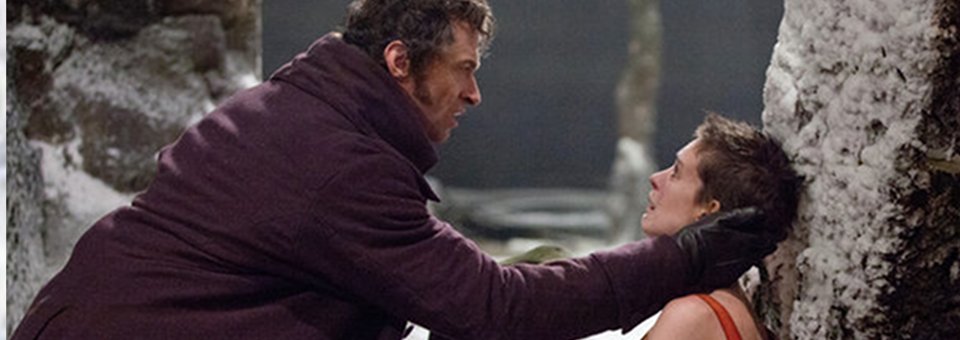Everybody exits the theater in the evening, and since they have entered the theater, a snowstorm has erupted. There are inches of snow on the ground and more falling. Everybody is sobbing while they clean off their cars.
This is a true recalling of my experience at the new movie, Les Misérables, directed by Tom Hooper. It is different than the 1998 film starring Liam Neeson in many ways. Each film ends differently, and the only word I could find for this one’s end is ‘beautiful’. With its raw, sung live, musical numbers, and top of the line acting, it is a must see. I noticed that it attracts all types, from musical theater geeks to lovers of history.
It was apparent that the cast leaked dedication and pride to be part of such a piece of art, even on screen. Les Mis is a dark story already, but the musical-movie version magnified these events in a chronological way to establish their importance (as musicals are wont to do). It is unique in that the story revolves on ex-prisoner Jean Valjean’s struggle but attaches to separate characters that come and go during different times in his life. Enough time is spent on each character to develop their potential through these songs and get to know them enough (spoiler) to weep when they die, because (spoiler) there is a lot of dying.
It also does a wonderful job at illustrating the audience about what could be a potentially boring subject of government, poverty, and rebellions that made up the French Revolution. (Still assisted by musical numbers taken from the stage production.)
Hugh Jackman convinces a man in peril who has a drastic transformation. He does a perfect job at expressing Jean Valjean’s need to do good into the world in order to make meaning out of cheated life. Jackman’s singing and acting are both fabulous.
Valjean’s counterpart Javert seemed to be a tad miscast. I could even imagine Hugh and Crowe switching roles (which may be helpful in enemies). Russell Crowe’s voice sounded cloudy with no vibrato all the way through but his acting was high quality.
Anne Hathaway’s performance as Fantine was beautiful and heart wringing. Hathaway poured everything into the role. The director held the camera close to each actor and this was especially effective in Hathaway’s performance of “I Dreamed a Dream”. Nobody’s eyes leave hers throughout the entire song. Her backstory was not gone into as much detail as was expected, but this was made up for in her soul-changing performance. The director also did not spend time on the relationship between Valjean and Fantine, which was explored in the 1998 film.
Fantine’s daughter Cosette, played by Amanda Seyfried played well the innocent and unknowing daughter who falls in love at first glance with Marius played by the steamy Eddie Redmayne. Seyfried played Cosette well, (perhaps too naïve) but did not provide a mountain moving performance. Her voice is often criticized for being too shaky and breathy, for good reason. I preferred Claire Danes as Cosette in the 1998 film.
In such a dark show, Sasha Baren Cohen and Helena Bonham Carter provide (something similar to) comic relief as Thénardier and Madame Thénardier. As two who were suppose to care for Cosette, they bumble about and are constantly forgetting Cosette’s name. Their daughter Éponine steals the second half of the film. She was played by a new face, Samantha Barks. She has a strong voice and such a pretty face. Her raw acting felt refreshing. Along with Éponine, young boy and rebellion fighter Gavroche, played by Daniel Huttlestone, is just precious. You want to just put him on your back, give him a Dunkaroo, and run off with him. His story added to the heartbreak. He fights just as hard for the revolution as the older boys. (For the ladies out there, the group of rebellion boys is not hard to look at.)
The film brings unique twists and tells a story beautifully. Les Misérables is a must-see film to end this year. It is a gorgeous and heartbreaking story turned into a masterpiece by Tom Hooper.






